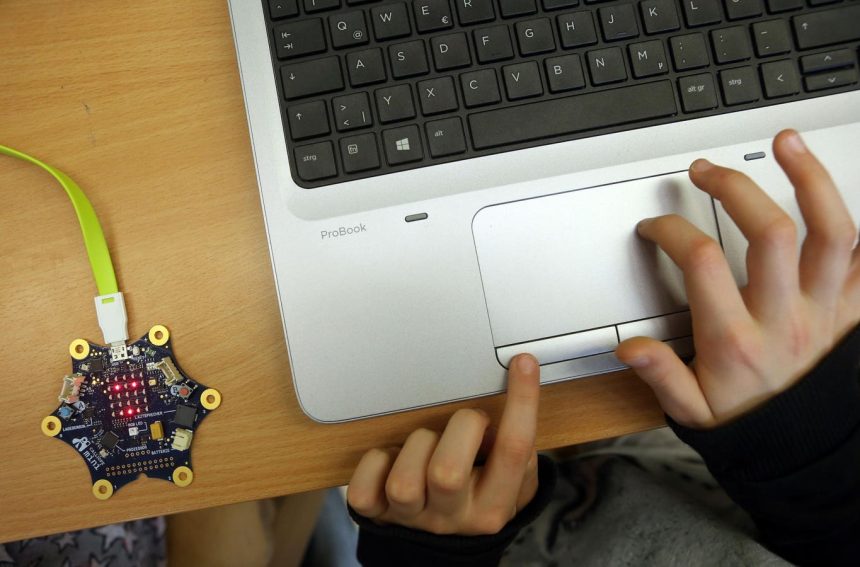The integration of artificial intelligence (AI) into education has revolutionized the way learners understand and engage with information. This shift is accompanied by a transformation in teaching methods, personalized learning, and the democratization of education, making AI a cornerstone in modern educational strategies. The impact of AI on learning spans multiple key areas, each offering unique benefits that cater to diverse student needs and developmental stages.
Firstly, AI is enhancing adaptive learning by providing personalized educational experiences. Unlike traditional search engines that deliver static, one-size-fits-all information, AI-driven tools dynamically adjust explanations based on a student’s understanding level. This personalization ensures that each learner receives targeted insights, simplified to their comprehension, thus overcoming potential misunderstandings and fostering a deeper grasp of complex concepts.
Secondly, AI is democratizing access to high-quality education, particularly through AI-powered tutoring programs. These platforms offer one-on-one academic guidance at no cost, bridging gaps between underfunded areas and those with access to advanced learning resources. This not only reduces educational disparities but also enables students from resource-limited regions to pursue their education without compromising quality.
Additionally, AI is excelling in real-time feedback and interactive problem-solving, making the learning process more engaging and effective. AI assistants assess students’ thought processes, identify misconceptions, and provide immediate corrective guidance, particularly benefiting STEM subjects which rely on structured reasoning. This level of interactivity goes beyond mere definition retrieval, providing a pathway for students to reflectively explore their understanding, leading to a more profound conceptual grasp.
Looking ahead, AI holds promise for transforming traditional learning by serving as a virtual mentor, facilitating collaborative learning environments, and simulating expert environments. AI’s ability to create immersive, dynamic problem-solving experiences prepares learners to think critically and apply knowledge in real-world contexts, fostering a deeper appreciation for the practical applications of what they learn.
In essence, the impact of AI on education is profound, reshaping the learning experience and offering solutions to key recurring educational challenges. As AI continues to evolve, the possibilities for education continue to expand, ensuring that every learner has access to accessible, personalized, and transformative learning opportunities. The future of education is defined by the synergy between empathy, technology, and shared growth, where AI is not just an auxiliary tool but a vital component in shaping the future of learning.



